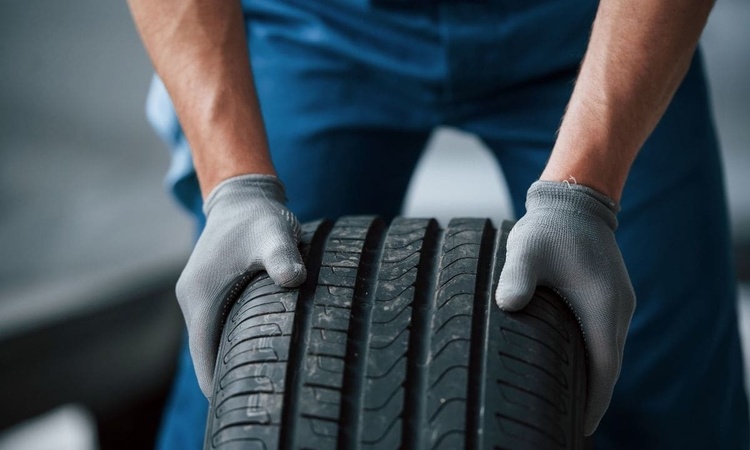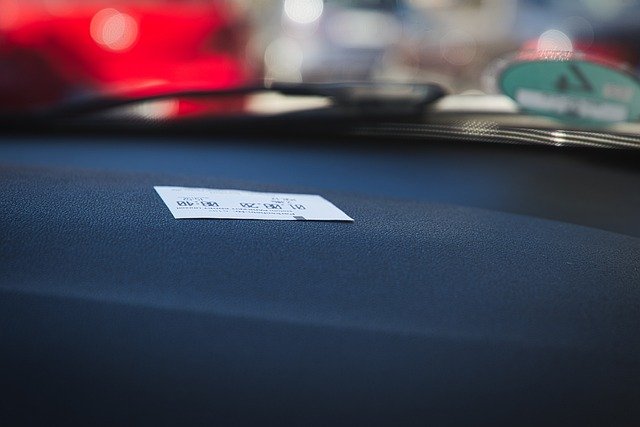A Practical Guide to Buying Affordable Vehicles at Police Impound Auctions
Buying a vehicle through police impound auctions can be a practical way to find an affordable option without compromising too much on quality—if approached with the right planning. This guide explores how buyers navigate these auctions, from setting realistic budgets and inspecting vehicles, to understanding fees, rules, and finding listings through online platforms. While the process may require patience and diligence, understanding how auctions typically work—and what steps others commonly take before bidding—can help make the experience more predictable. Explore how individuals weigh reliability, cost-efficiency, and long-term value before making a decision.

How Do Police Impound Auctions Work?
Police departments regularly auction vehicles that have been impounded or seized. These auctions can be held in-person or through online platforms, making it easier to buy used cars online. Typically, vehicles are sold “as-is,” meaning buyers are responsible for any repairs or maintenance needed. Registration usually occurs before the auction, and participants must meet minimum age and identification requirements.
What Should You Know Before Attending an Auction?
Before participating in cheap police auctions, thorough preparation is essential. Research current market values for vehicles you’re interested in, set a firm budget including fees and potential repair costs, and obtain a pre-approved auto loan if needed. Most importantly, arrive early to inspect vehicles during the preview period and review available impound car listings beforehand.
How to Inspect Vehicles at Impound Auctions
Vehicle inspection is crucial for making informed decisions. Request a vehicle history check through services like Carfax or AutoCheck to reveal accident history, previous owners, and maintenance records. During physical inspection, look for:
-
Signs of major damage or repairs
-
Fluid leaks
-
Tire condition
-
Interior wear and damage
-
Engine start-up sounds
-
Evidence of flood damage
What Are the Financial Considerations?
Understanding all costs involved is essential for smart bidding:
| Cost Type | Typical Range | Notes |
|---|---|---|
| Buyer’s Premium | 5-10% of winning bid | Added to final price |
| Documentation Fee | $100-300 | Varies by location |
| Storage Fee | $25-50 per day | If not removed promptly |
| Transfer/Registration | Varies by state | Check local DMV |
Prices, rates, or cost estimates mentioned in this article are based on the latest available information but may change over time. Independent research is advised before making financial decisions.
Where to Find Reliable Impound Auction Listings?
Several platforms provide access to impound car listings:
| Platform | Coverage | Features |
|---|---|---|
| GovDeals.com | National | Government-focused auctions |
| PublicSurplus.com | Multiple states | Real-time bidding |
| Municibid | Regional | Local government auctions |
| GSA Auctions | Federal | Government fleet vehicles |
What Are Common Pitfalls to Avoid?
Successful auction buying requires avoiding common mistakes:
-
Never exceed your pre-set budget
-
Don’t skip the vehicle inspection
-
Be aware of all fees and charges
-
Understand payment requirements
-
Have transportation arranged
-
Research market values thoroughly
-
Consider mechanical inspection costs
While police impound auctions can offer excellent value, success depends on thorough research, careful inspection, and disciplined bidding. Understanding the process, costs, and potential risks helps ensure a positive purchasing experience. Remember that while deals are possible, there’s no guarantee of finding the perfect vehicle at every auction.




